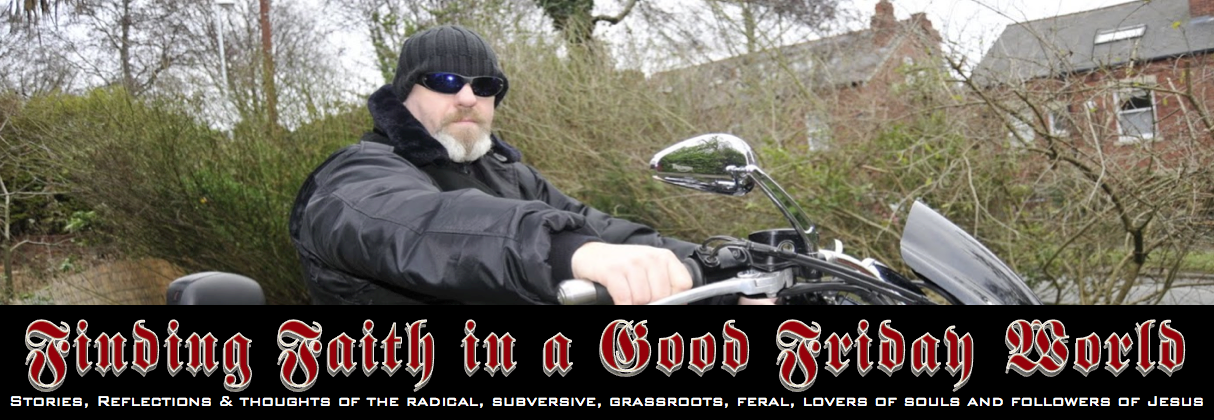What did community look and feel like for Jesus?
By community, I am referring to the community that Jesus created and demonstrated during his time. Life and ministry.
In simple terms I would describe it as:
Cross cultural:
Jesus crossed every available cultural barrier to announce and practice the Kingdom.
Counter cultural:
Jesus was offering an alternative to the dominant cultural and religious options in his world.
Inclusive:
Jesus was creating community that included all of the excluded at every level. He did this– as he did all of his community movement– with total intentionality.
Kingdom Gospel-centered:
Jesus the King made the reality of the present and coming Kingdom of God the center of his movement. This center was clearly seen, and stood in contrast to the “Kingdom boundary” thinking of other Jews.
God-centered:
God is present and active, as Father, as Son and as Spirit. Creator, and redeemer of a broken and lost world.
Confrontative:
Jesus confronted the powers at every level, using the weapons of love, truth and the Holy Spirit.
Radical:
Jesus’ version of community was radical in its nature and demands. Compare it to the expectations people had of family and religion.
Sacrificial:
Jesus’ community was identified with sacrifice, i.e. a willingness to suffer that God’s will might be done.
Healing:
Jesus’ movement was restorative, including praying for and working for healing of persons and relationships. (This included spiritual warfare and deliverance.)
Didactic: Jesus constantly taught his disciples his constantly reflect on the meaning of the Kingdom of God.
Prayerful:
Jesus taught his disciples to pray.
Invitational and Open:
All were invited to come. All were invited to believe in Jesus as the messiah.
Non-institutional (in its continuing essence):
Jesus gave few if any indications that his movement would take on serious institutional forms. It may have institutional expressions and fruits, but that isn’t the essence of the movement. At its core, it is a movement of the Spirit that does not need institutions to exist. (Sorry people who I’ve just offended. I’m NOT saying institutions AREN’T the church. I’m saying “Institution does not EQUAL Jesus’ community.”
Non-political.
“my Kingdom is not of this world.”
Missional:
Jesus’ movement was focused on the Gospel ministry and engaged in other kinds of ministry that established the presence and power of God’s compassionate Kingdom.
Becoming part of this movement was what it meant to be a follower and Disciple of Jesus.





